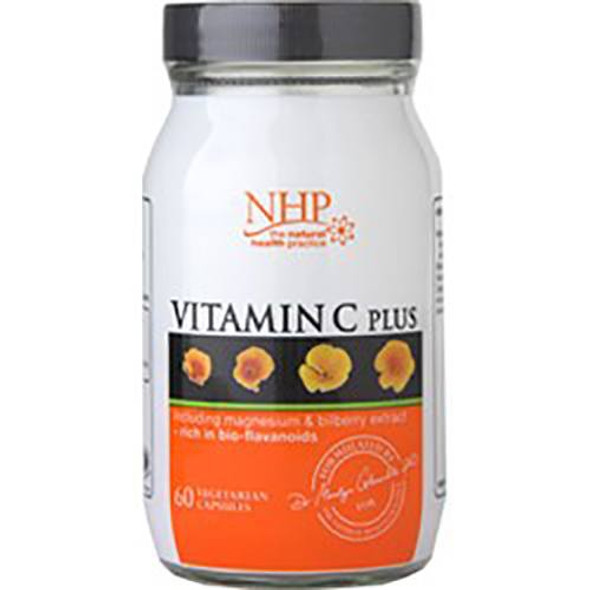Vitamin D3 plays an essential role in enhancing the immune system and is vital to maintain normal muscle function. Babyvit-D drops is specially developed for newborn babies, infants and young children to help meet their daily Vitamin D needs. It contains no preservatives, no parabens no artificial colours, no flavourings, no peanut additives, no sugars or lactose and no gluten, thus having negligible risk of allergic reaction.
Features :
- Vitamin D3 drops specially formulated for newborn babies, infants and young children
- Provides pure vitamin D in its most effective form
- Tasteless, odourless and colourless so is easy for your baby to take
- No preservatives, no parabens no artificial colours, no flavourings, no peanut additives, no sugars or lactose and no gluten, thus having negligible risk of allergic reaction
- Suitable for celiacs and diabetics
- FREE dropper with every pack to make dosage easy
How To Use :
- Because of its purity and concentration requires just 2 drops per day to achieve the recommended 200 I.U. (use dropper included in pack)
- Can be given directly into the mouth, on a spoon or added to food or drink
- Each drop contains 100 IU in D3 Cholcalciferol form
- 10ml bottle contains 340 drops (almost 6 months supply)
- Remains fresh for the required 6 months after opening, preferably kept in the fridge
More Info :
- Regulated as a nutritional supplement in accordance with European Communities (Food Supplements) Regulations 2007, S.I. 506 of 2007 and produced in the EU to the highest pharmaceutical standards
- The first product to comply exactly with the Recommendations for a National Policy on Vitamin D Supplementation for Infants in Ireland
- Excipient is Miglyol oil (extract of palm oil), no peanut content
Frequently Asked Questions
Why is vitamin D important for infants?
Vitamin D is crucial for infants as it aids in the absorption of calcium and phosphorus, essential minerals for developing strong bones and teeth. Adequate vitamin D levels help prevent rickets, a condition characterized by soft and weak bones. Additionally, vitamin D supports the immune system, reducing the risk of infections and potentially lowering the likelihood of developing autoimmune diseases later in life. (mayoclinic.org, pmc.ncbi.nlm.nih.gov)
How much vitamin D does my baby need daily?
The American Academy of Pediatrics recommends that all infants receive 400 International Units (IU) of vitamin D daily, starting shortly after birth. This supplementation should continue until the infant consumes sufficient vitamin D through diet, such as drinking at least 32 ounces of vitamin D-fortified formula daily.
Is Baby Vit D suitable for infants with allergies?
Yes, Baby Vit D is formulated to minimize the risk of allergic reactions. It contains no preservatives, parabens, artificial colors, flavorings, peanut additives, sugars, lactose, or gluten, making it suitable for infants with various allergies or sensitivities.
How should I administer Baby Vit D to my infant?
Administering Baby Vit D is straightforward. Using the provided dropper, place 2 drops directly into your baby's mouth, on a spoon, or mix it with food or drink. Each drop contains 100 IU of vitamin D3, so 2 drops provide the recommended 200 IU per serving. The 10ml bottle contains approximately 340 drops, offering nearly a 6-month supply. After opening, it's advisable to store the bottle in the refrigerator to maintain freshness for up to 6 months.
Can I rely on sunlight exposure for my baby's vitamin D needs?
While sunlight is a natural source of vitamin D, the American Academy of Pediatrics advises keeping infants under 6 months out of direct sunlight to protect their delicate skin. Therefore, relying solely on sunlight is not recommended for meeting your baby's vitamin D requirements. Supplementation ensures your infant receives the necessary amount without the risks associated with sun exposure.
Are there any risks associated with vitamin D supplementation in infants?
When administered correctly, vitamin D supplementation is safe and beneficial for infants. However, excessive intake can lead to vitamin D toxicity, resulting in symptoms like nausea, vomiting, weakness, and serious complications such as kidney damage. It's crucial to adhere to the recommended dosage and consult your pediatrician if you have concerns.

















